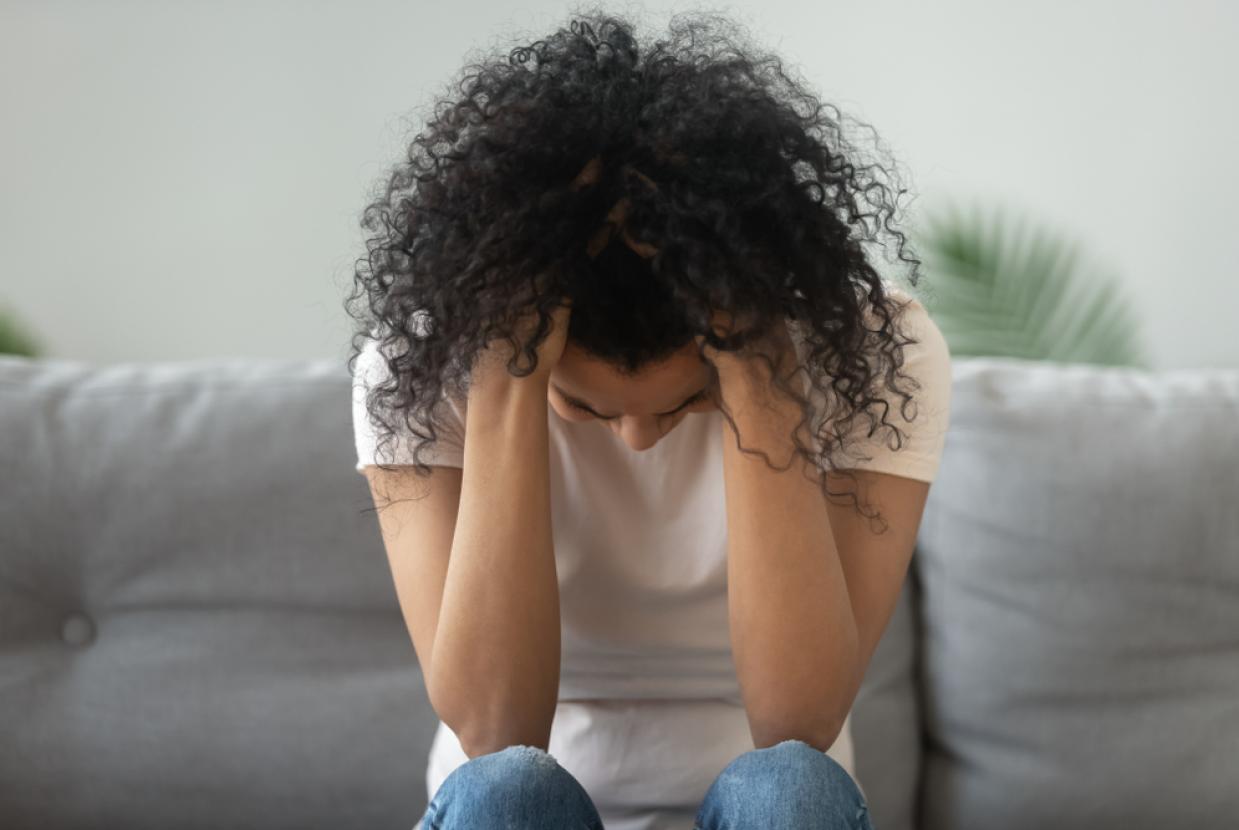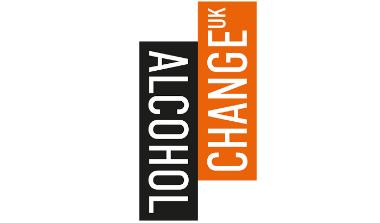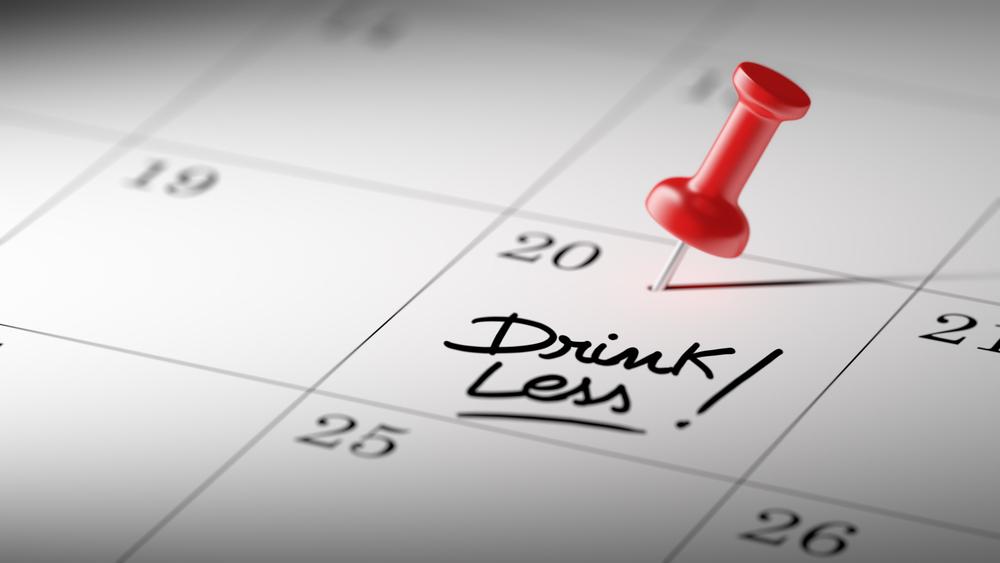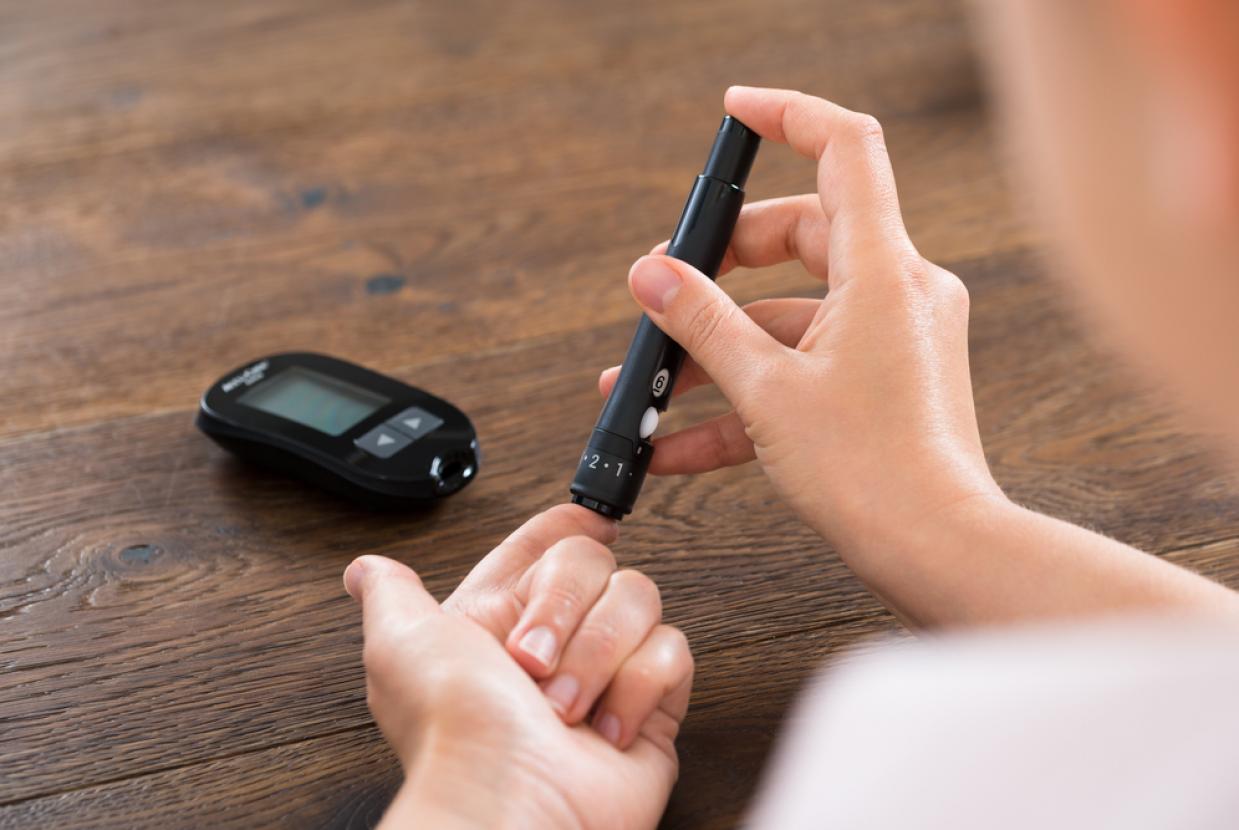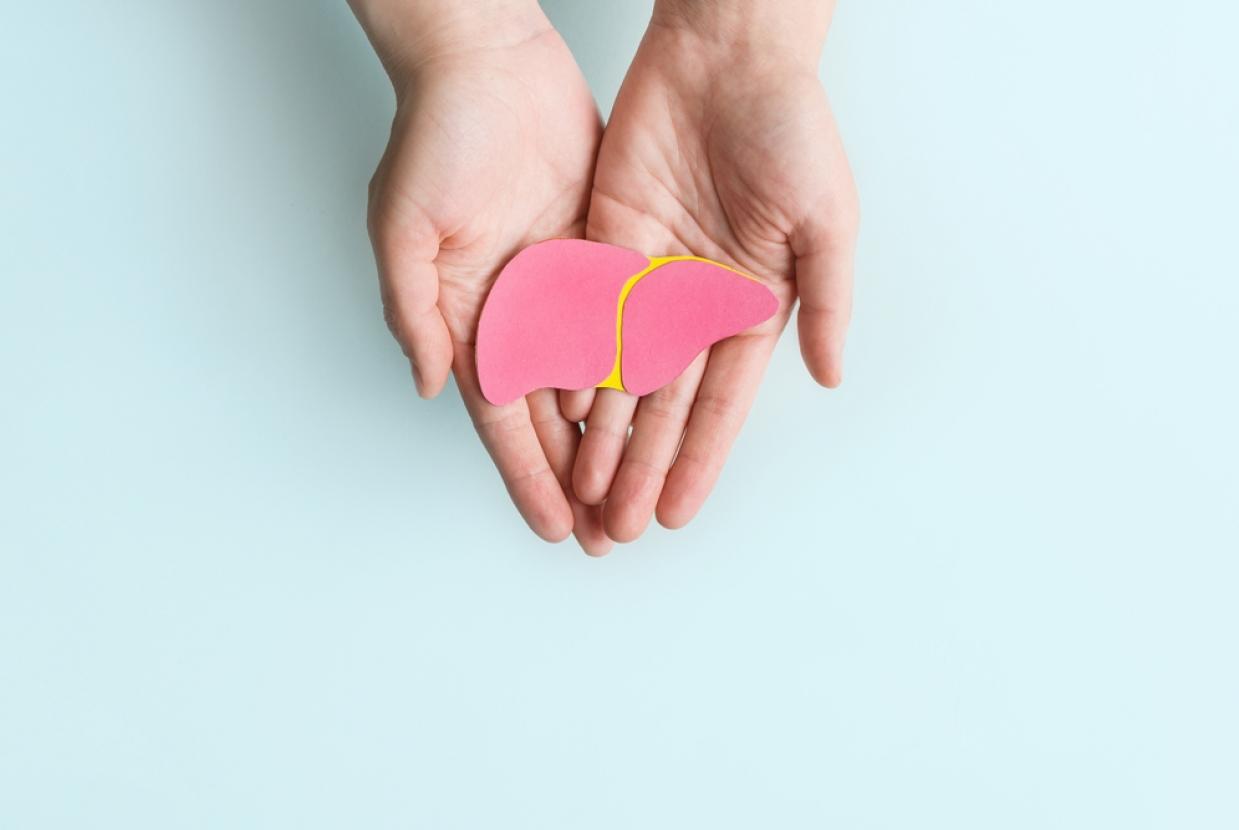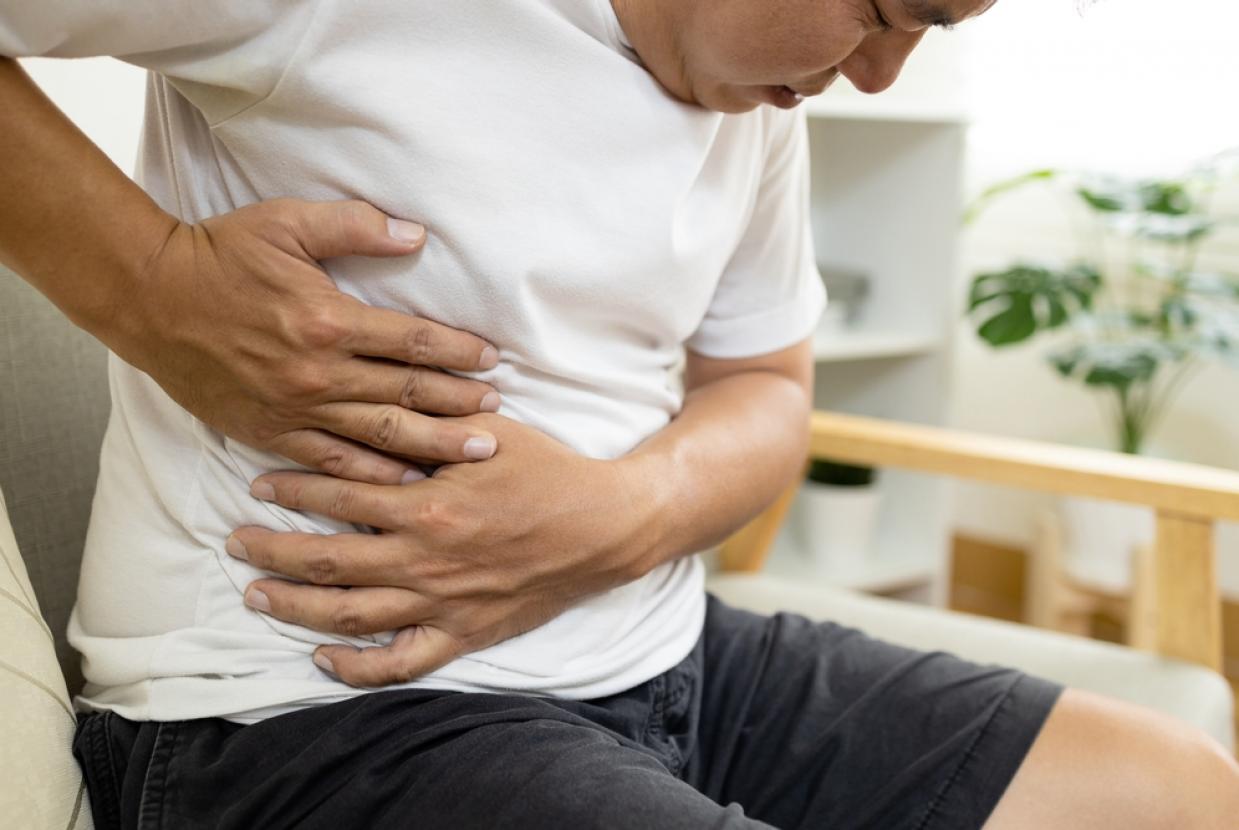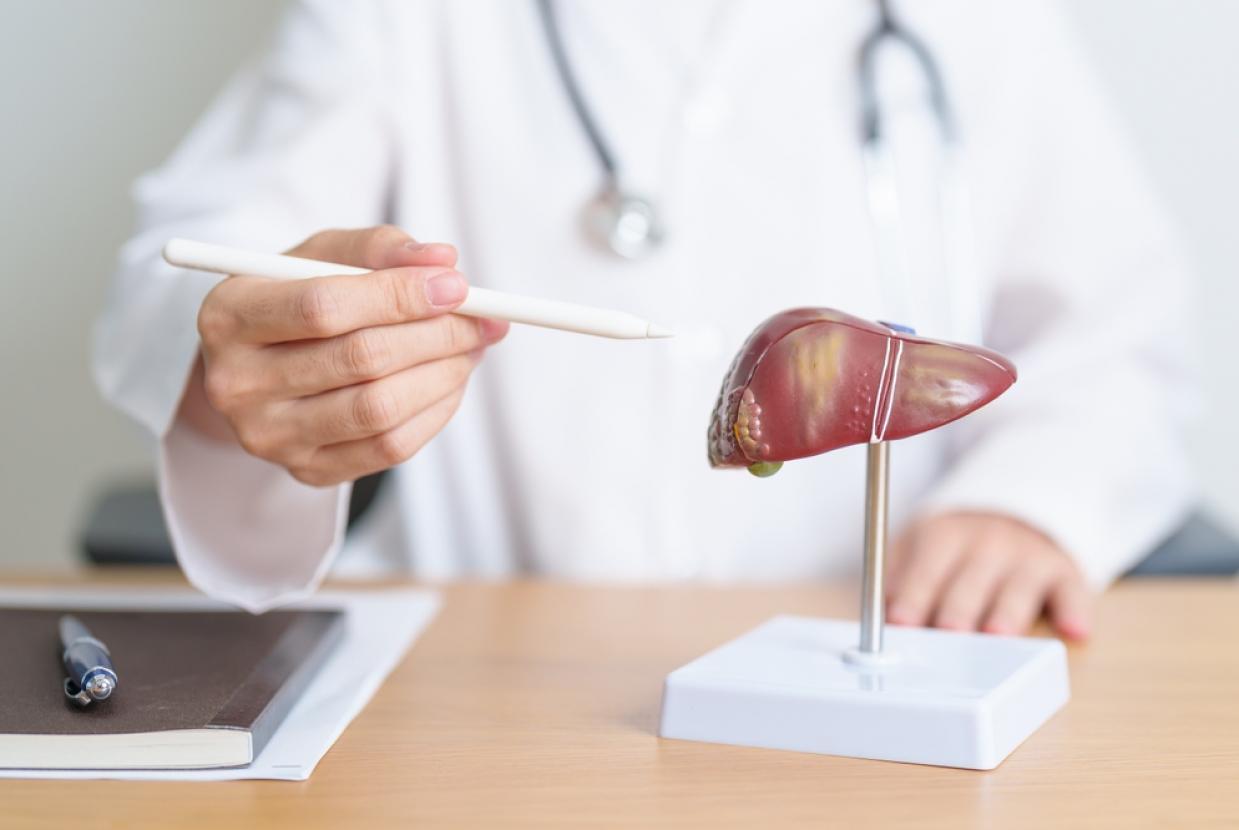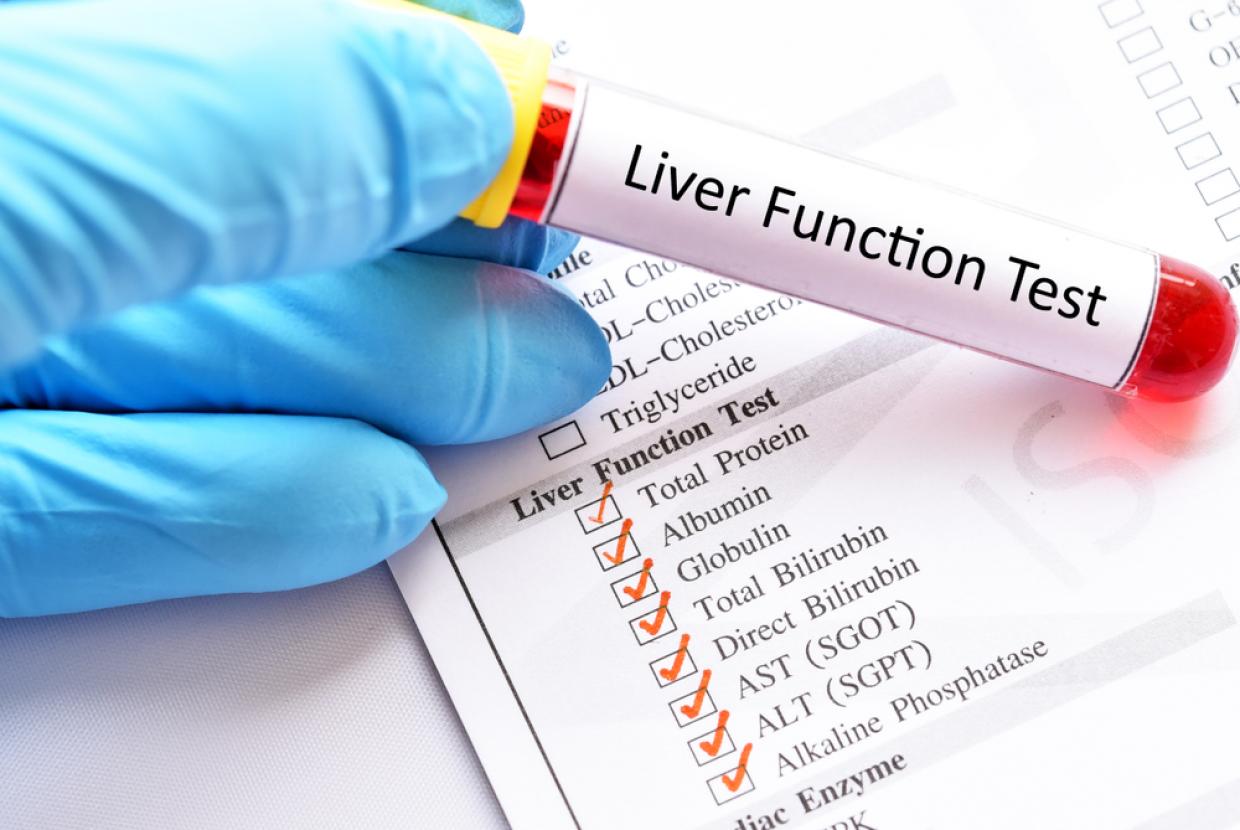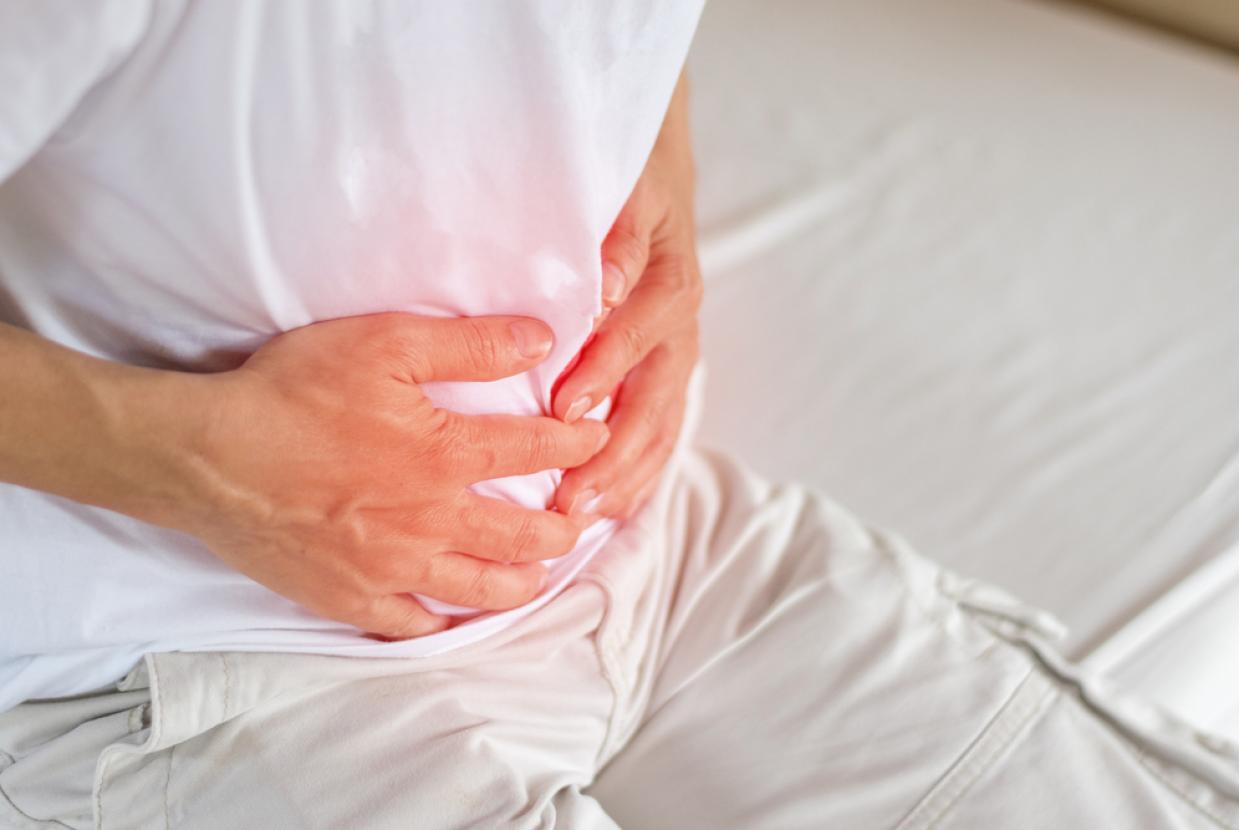Highs & Lows of Drinking
Managing your drinking and getting the right support are really important for your mental health. The relationship between alcohol and mental health is complex. Some of us use alcohol to try to help manage symptoms of anxiety and depression, but heavy drinking is likely to make those symptoms worse.
Why are people affected differently by alcohol?
Alcohol can have both short-term and long-term effects on our mental health. How we’re affected when we drink can differ depending on lots of factors such as what type of alcohol we’re drinking, how much we drink, how long we drink for and our mental state at the time. While moderate use is not usually a problem, drinking regularly or heavily over an extended period can have a longer-term impact on our mental health.
What happens when we drink?
When we have a drink or two, we might feel more relaxed, and experience an improved mood. One reason is that when we drink alcohol, our bodies produce extra dopamine, which travels to the parts of the brain known as ‘reward centres’ – the bits that make us feel good and make us want to do more of whatever we’re doing.
Because of these short-term effects on our mood, some of us who experience problems with our mental health may drink alcohol to try to relieve anxiety or depressive thoughts. But as well as making us produce more dopamine, alcohol is a ‘depressant’, meaning that it slows down brain functioning.
So, as those initial calming feelings subside as we continue to drink, they are often replaced with more negative emotions, like stress, anxiety and sometimes anger. This combined with the hangover effects of heavy drinking - caused by dehydration, low blood sugar, and the various by-products of alcohol - can leave us feeling sluggish, unwell and low for a number of hours or days.
What about longer term?
Over time, the body becomes used to the dopamine boosts it is getting from alcohol, and starts making less dopamine, to compensate. That means that if drinking becomes a habit, we may become dopamine-deficient and this could further contribute to us experiencing low mood.
We may then find ourselves in a vicious cycle whereby we are drinking to relieve unwelcome feelings, these unwelcome feelings still emerging, which then prompts us to drink more.
Longer-term alcohol use can in some cases then change the ability of the brain to reduce these unwelcome feelings naturally, and can contribute to the worsening of symptoms of many mental health problems.
How much is too much?
Most of us feel that we know when we’ve overdone it, but sometimes drinking can ‘creep up’ on us and we find that we’re drinking more than we would like. Around 1 in 5 of us say that we regularly drink above the recommended low-risk drinking guidelines of 14 units a week.
There are certain signs to watch out for if you’re worried you, or someone close to you, might be drinking too much, including:
- Having frequent cravings to drink alcohol
- Being unable to control the amount of alcohol being drunk
- Hiding drinking from friends and loved ones
- Becoming upset or stressed, or having difficulty making decisions, when going without alcohol
Making some changes
If you feel that alcohol may be having an impact on your mental health, making small changes to your drinking could help you feel better.
Tips for healthier drinking
- Drink and think in units. Remember it's safest not to drink more than 14 units per week; that's about six pints of normal strength beer or six standard glasses of wine.
- Keep a drinking diary. Recording what you drink for a few weeks will help you understand your drinking pattern, so you can decide if you want to make a change.
- Have a few days off every week. It's a good way to cut down and give your body a rest. Consider taking an extended break like having a Dry January or other dry month.
- Try alcohol-free alternatives. Alcohol-free beers, ciders and wines are now widely available and more and more of them are winning awards in place of their full-strength competitors.
- Ask for help if you need it. Talk to your GP or visit the Alcohol Change UK website to find out about getting support to cut down.
The NHS suggests five other key ways to improve your mental health and wellbeing:
- Getting active - when you exercise your brain releases chemicals which can help to improve your mood. Try exercising outdoors to give yourself an extra boost
- Learning new skills - like cooking, DIY or gardening, which can help you build a sense of purpose
- Spending more time with friends and family - which provides emotional support as well as allowing you to support others
- Giving to others - for example by volunteering your time or skills or other small acts of kindness. This can boost your mood and create a sense of self-worth
- Practising mindfulness – this is about paying more attention to the present moment, which can help us relax and enjoy the world around us more


